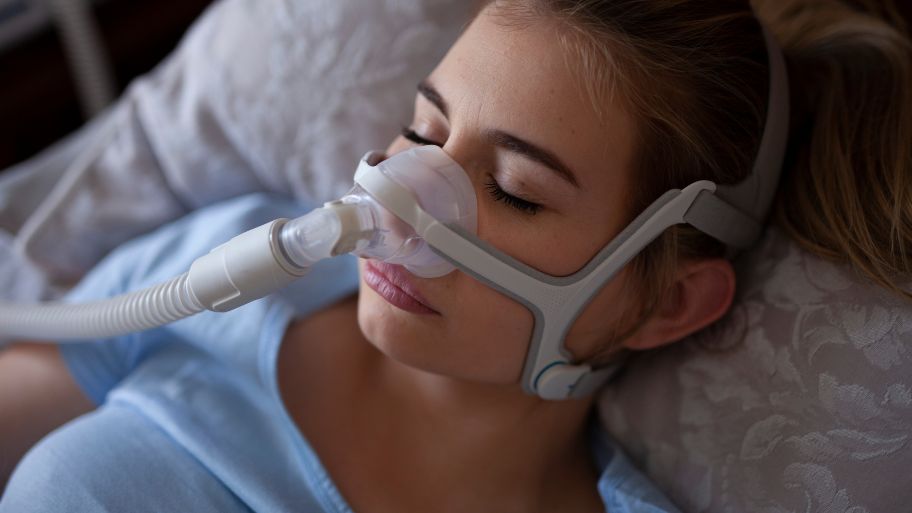During Sleep Apnea Awareness Month, sleep apnea specialist Dr. Evan Temkin discussed the nature of the disorder and who is at the most risk.
“Sleep apnea is actually a narrowing of the airway that disrupts breathing during sleep,” he explained. “Virtually everyone is at risk.”
Around fifty percent of the population is affected, he added.
Temkin emphasized the need to undergo testing and treatment without delay since persistent sleep apnea has “cardiovascular repercussions.”
“When your important organs are not receiving enough oxygen, your heart will begin to pump harder,” he explained, which stresses the heart’s muscular layers.
Temkin highlighted that using a CPAP machine, which fits over the nose and mouth to ensure proper airflow while sleeping, is the most popular treatment for sleep apnea, but it is not the only choice.
Compliance is one of the major challenges with CPAP, he noted. “It’s unpleasant.”
One possibility is oral appliances, which cure sleep apnea by stabilizing the lower jaw and shifting it a few millimeters forward. In many instances, this can widen the airway, making it simpler for individuals to breathe freely.
Anyone having symptoms should consult an expert to determine the optimal treatment.
